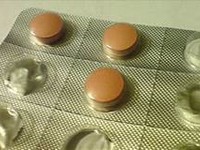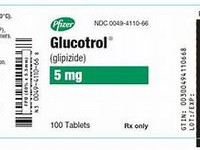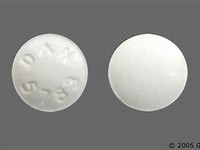Bevacizumab1

Bevacizumab
CLINICAL USE
Treatment of metastatic carcinoma of the colon or rectum
DOSE IN NORMAL RENAL FUNCTION
5 mg/kg every 14 days
PHARMACOKINETICS
Molecular weight :149 000 %Protein binding :No data %Excreted unchanged in urine : No data Volume of distribution (L/kg) :0.046half-life – normal/ESRD (hrs) :11–50 days (average 20 days) DOSE IN RENAL IMPAIRMENT
GFR (mL/MIN)
20 to 50 : Use with caution 10 to 20 : Use with caution <10 : Use with caution DOSE IN PATIENTS UNDERGOING RENAL REPLACEMENT THERAPIES
CAPD :Not dialysed. Use with caution. See ‘Other Information’ HD :Not dialysed. Use with caution. See ‘Other Information’HDF/high flux :Not dialysed. Use with caution. See ‘Other Information’CAV/VVHD :Not dialysed. Use with caution. See ‘Other Information’ IMPORTANT DRUG INTERACTIONS
Potentially hazardous interactions with other drugsNone known ADMINISTRATION
Reconstition
– Route
IV infusion
Rate of Administration
30–90 minutes depending on how the patient tolerates itComments
Dilute in 100 mL of sodium chloride 0.9% DO NOT mix with glucose solutions OTHER INFORMATION
Increased incidence of hypertension has been seen with treatmentPeople with a history of hypertension may be at an increased risk of proteinuria. Discontinue therapy in patients with Grade 4 proteinuria (nephrotic syndrome)Can delay wound healing Bevacizumab has been used in a haemodialysis patient at a dose of 5 mg/kg every 14 days.
See how to identify renal failure stages according to GFR calculation
See how to diagnose irreversible renal disease
Home









